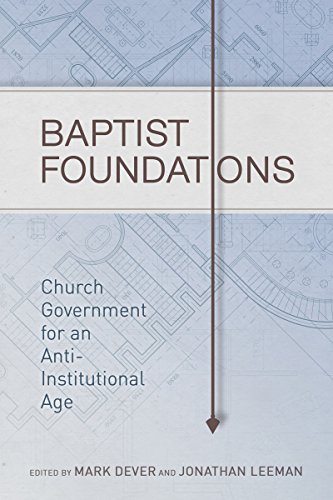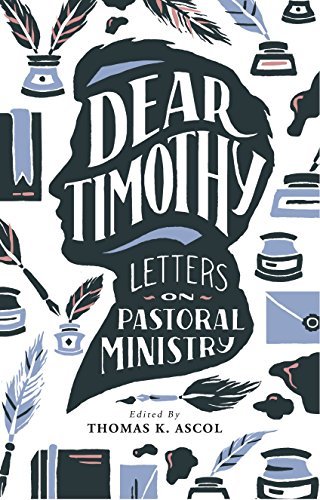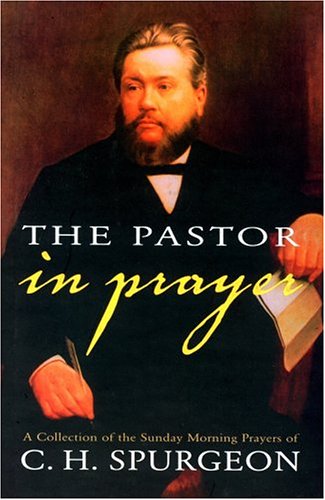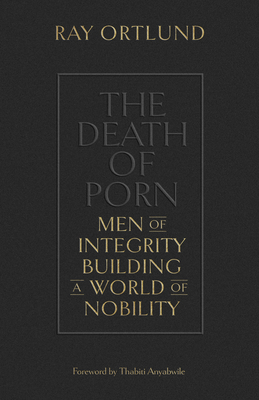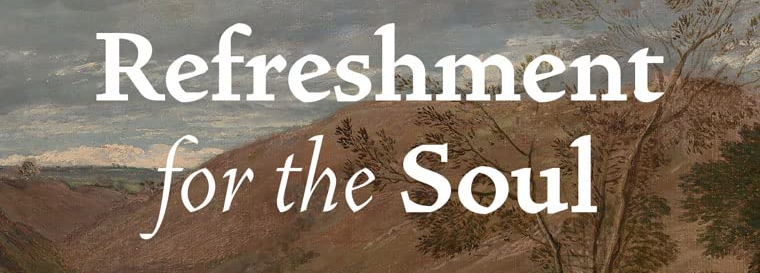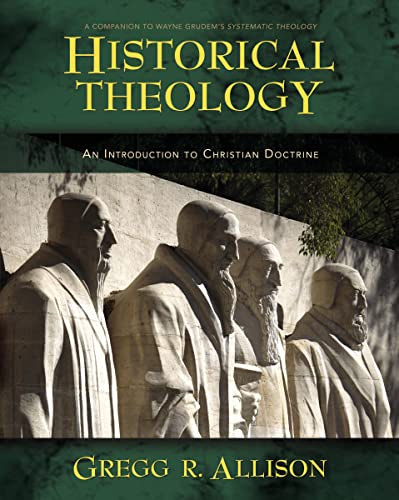Theology
-
The Shape of Your Gospel
I finished Delighting in the Trinity in the wee hours of the morning. A worthwhile read. And this stuck out to me from its ending: What is your Christian life like? What is the shape of your gospel, your faith? In the end it will depend on what you think God is like. Who God is drives everything. So what is the human problem? Is it merely that we have strayed from a moral code? Or is it something worse: that we have strayed from him. What is salvation? Is it merely that we are brought back as law-abiding citizens? Or is it something better: that we are brought back…
-
Some words are worth keeping
Browsing social media earlier today, I was greeted by a graphic leading with the words, “The difference between Jesus and religion…” It went on from there to claim that religion shames people, while Jesus stoops to wash their feet. Pitting Jesus against religion rarely ends well. My gut reaction was an inner groan, but I thought it deserved a little more thought, a little more reflection. Giving the benefit of the doubt, the creators of the image likely mean that following Jesus is intimate and relational, rather than a production or self-righteous pursuit of glory at the expense of others. They want followers of Jesus to show grace, mercy and…
-
Why church membership?
Our residency is reading Baptist Foundations this month. Highly recommended! The following stuck out to me the other day, and I am just now getting around to posting: Reacting to the quote Part of me wants to ask what you, the reader, think. But I think that is the wrong question. The right question is, “What does Scripture say?” When we view the intersection and trajectory of Matthew, John, Acts, Corinthians (1 and 2), Ephesians, Galatians, the pastoral epistles, Hebrews, Peter’s missives and Revelation (just to name a few), it is hard to come to the conclusion that the local church is a “nice to have,” instead of central to…
-
To Transform Men, Women and Nations
We live in an age of easy-believing. Many of those professing the name of Christ offer a false gospel, trading in a parody of Jesus’ message that demands neither conviction for sin nor alignment with God’s will. Words like “love” are used to cover up and condone sin rather than shine a redemptive spotlight on it. God is reduced to a doting uncle, who loves us but is largely out of the picture, leaving man to rescue himself. He would never punish, and sin is something that can be forgiven without a concern for holiness or justice. The words of Jesus provide a strong contrast: “If anyone would come after…
-
Folly of the first magnitude
Random quote by one Archibald Alexander that I found noteworthy: It is evident, therefore, that he who trifles with the truth, trifles with his own life. To be indifferent about truth, is a folly of the first magnitude. To be governed by mere inclination, taste or fashion, in the adoption of our religious opinions, is indicative of a diseased and dangerous state of mind. Truth is so vital and so necessary to the existence and perfection of a pious character, that we cannot be too solicitous to acquire correct knowledge. Pride, prejudice, and partiality, should be laid aside, and the love of truth should be kept alive in our souls.…
-
No destroying angel can touch us
Our residency has been reading The Pastor in Prayer this month, and it has been a powerful book so far. What great prayers, what firm conviction! What a heart for the church, for the nations, for the lost! Such high praise is well warranted. This afternoon’s prayer, from “Intercession for the Saints,” stood out especially to me. Here is but a taste: …our Father, we would earnestly ask that every believer here may feel the power of the sprinkled blood most vividly and consciously. May we hear Jesus say by it, ‘Ye are clean, clean every whit’; and may we have a sense of entire security, because Thou hast Thyself…
-
Permission to Love One Another
February’s residency read was The Pastor and Counseling by Jeremy Pierre and Deepak Reju. I think this book is a great introduction to the pastor’s call to really shepherd the flock. It is also a great place to begin thinking about how the call of the pastor has a trajectory of whole body involvement in discipleship, including biblical counseling. Chapter Seven, especially, points the reader to consider how the whole body works together for health of individuals and church alike: A culture of discipleship means that members don’t have to sign up for anything to get permission to love one another. It is a church culture where it is normal…
-
First, Daily, and Last Word
I finished Ray Ortlund’s The Death of Porn the other day. The appendix is a short article titled “A Man’s Identity”, by David Powlison. The whole thing is great, as is the rest of Ortlund’s book, but this quote in particular grabbed my attention: Your true identity is who God says you are. You will never discover who you are by looking inside yourself or listening to what others say. The Lord gets the first word because he made you. He gets the daily word because you live before his face. He gets the last word because he will administer your “comprehensive life review.” David Powlison, “A Man’s Identity” (the…
-
First to Wound, Then to Heal
I was gripped by today’s reading in Refreshment for the Soul. Temptation and sin waging war, Satan in all his boastful taunting, it is helpful to read of the savior’s mercy. Of his patience. Of his own temptations, of his victory. But mostly of his grace poured out on me in my sin and weakness: Let this support us when we feel ourselves bruised. Christ’s way is first to wound, then to heal. No sound, whole soul will ever enter into heaven. Think when in temptation, Christ was tempted for me; according to my trials will be my graces and comforts. If Christ be so merciful as not to break…
-
Though Surrounded with Outside Enjoyments
As we pass Christmas and march forward to the new year, this passage from my assigned reading this week stood out to me: We should not rest in the world and its enjoyments, but should desire heaven. We should above all things desire a heavenly happiness: to be with God and be well with Jesus Christ. Though surrounded with outward enjoyments, and settled in families with desirable friends and relationships; though we have companions whose company is delightful and children in whom we see many promising characteristics; though we live by good neighbors and are generally loved when we are known; yet, we should not take our rest in these…


